OpenAI has built an experimental large language model that is far easier to understand than typical models, shedding light on how large language models (LLMs) work in general. The model, which has not been named, is a significant departure from the black box nature of current LLMs, where nobody fully understands how they do what they do. This new model is a crucial step toward making AI more transparent and trustworthy.
According to Will Douglas Heaven, a writer for The Download, "Building a model that is more transparent sheds light on how LLMs work in general, helping researchers figure out why models hallucinate, why they go off the rails, and just how far we should trust them with critical tasks." This breakthrough has the potential to revolutionize the field of AI research, allowing scientists to better understand the inner workings of LLMs and develop more reliable and accurate models.
Google DeepMind has also made significant strides in AI research, using its Gemini large language model to train agents inside the popular video game Goat Simulator 3. The company's new video-game-playing agent, SIMA 2, can navigate and solve problems in 3D virtual worlds, marking a significant step toward more general-purpose agents and better real-world robots. According to a Google DeepMind spokesperson, "This is a big step toward more general-purpose agents and better real-world robots. We're excited to see where this technology takes us."
The use of AI in video games is not just a novelty; it also has practical applications in fields such as robotics and autonomous vehicles. By developing agents that can navigate complex virtual worlds, researchers can better understand how to create robots that can adapt to changing environments and make decisions in real-time.
The phasing out of animal testing is also a significant development in the field of AI research. Google DeepMind has announced that it will no longer use animal testing to train its AI models, instead opting for more humane and efficient methods. This shift is a response to growing concerns about the ethics of animal testing and the potential for AI to be used in ways that harm humans and animals alike.
As AI continues to advance and become more integrated into our daily lives, it is essential to ensure that it is developed and used responsibly. The breakthroughs made by OpenAI and Google DeepMind are significant steps toward making AI more transparent and trustworthy, and they have the potential to revolutionize the field of AI research.
The current status of AI research is one of rapid progress and innovation, with new breakthroughs and developments emerging on a regular basis. As researchers continue to push the boundaries of what is possible with AI, it is essential to consider the implications of these advancements for society as a whole. By prioritizing transparency, accountability, and ethics, we can ensure that AI is developed and used in ways that benefit humanity.





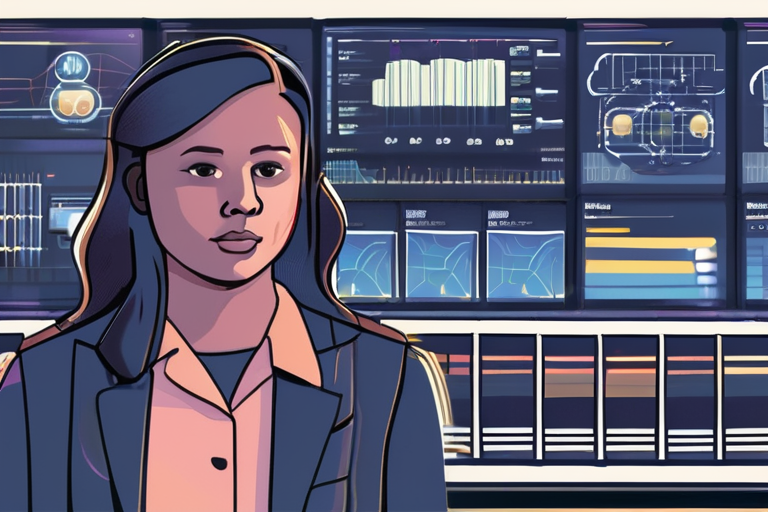
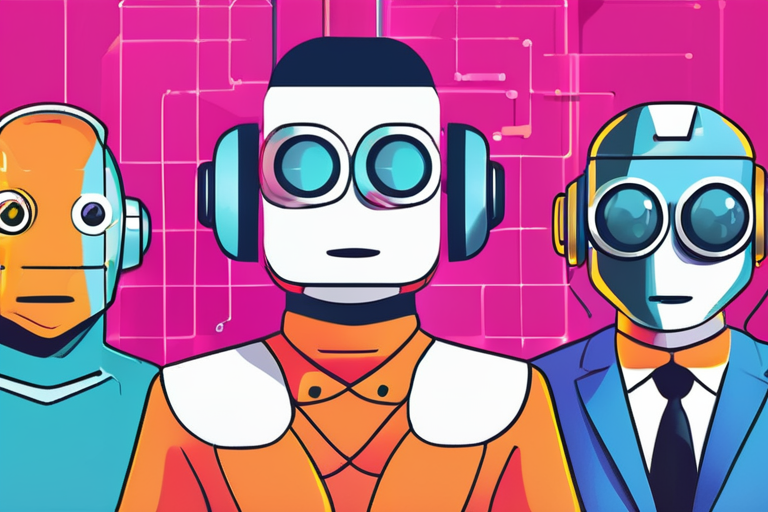



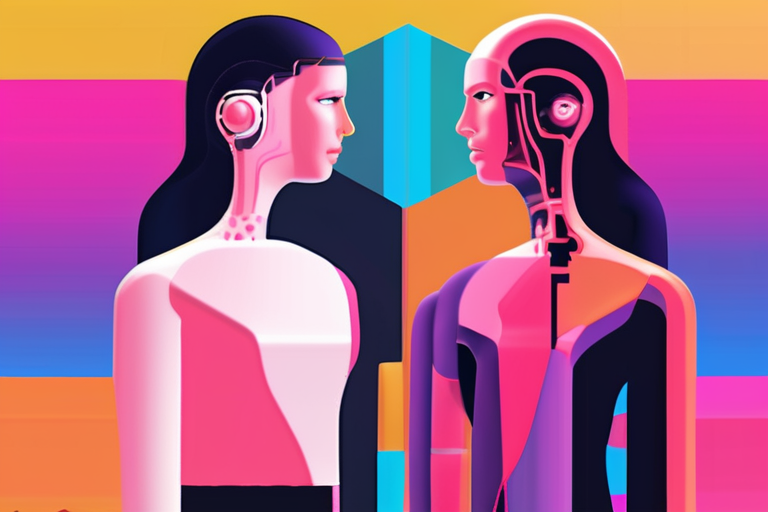
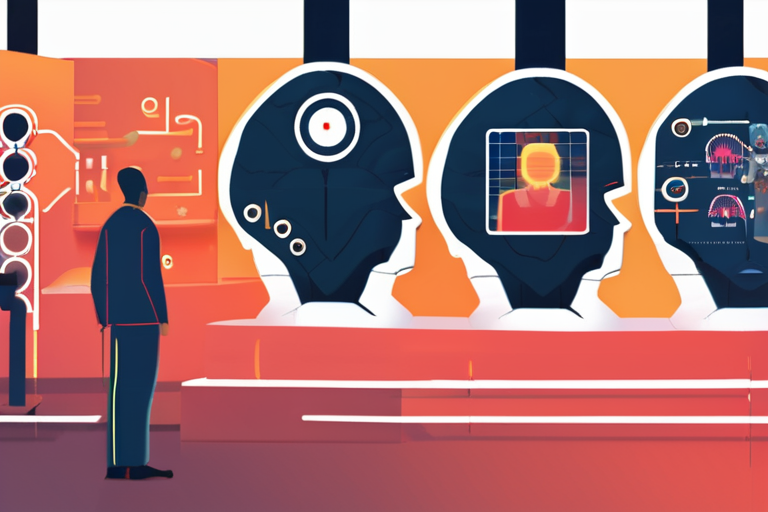
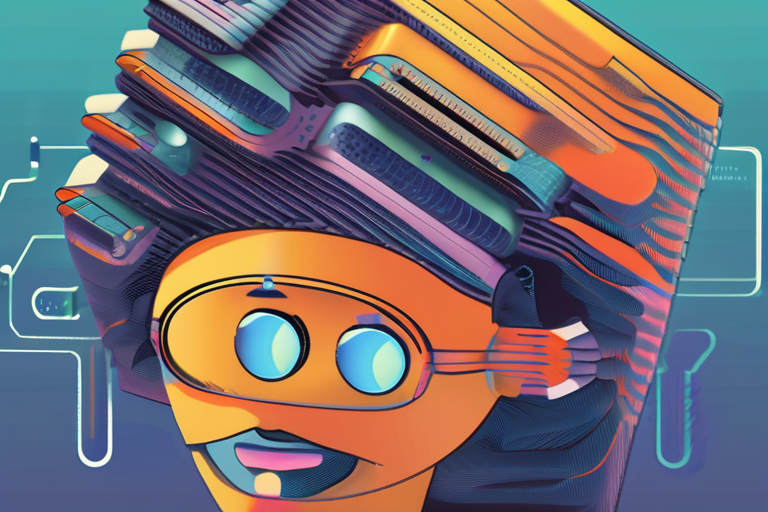




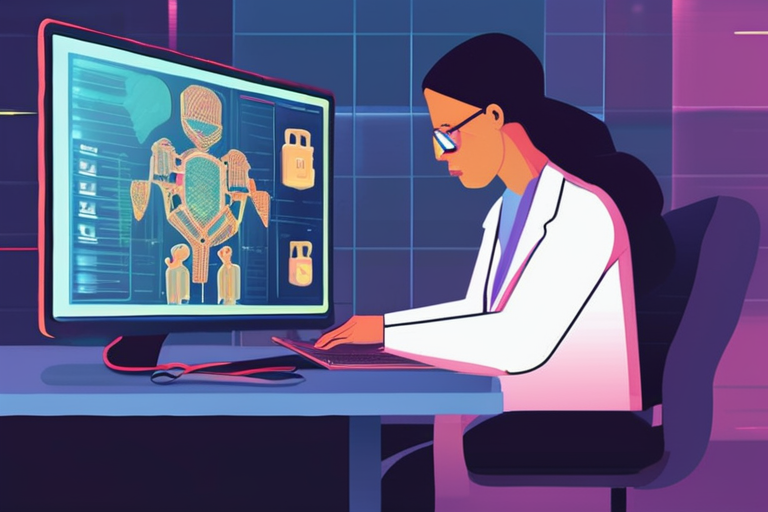





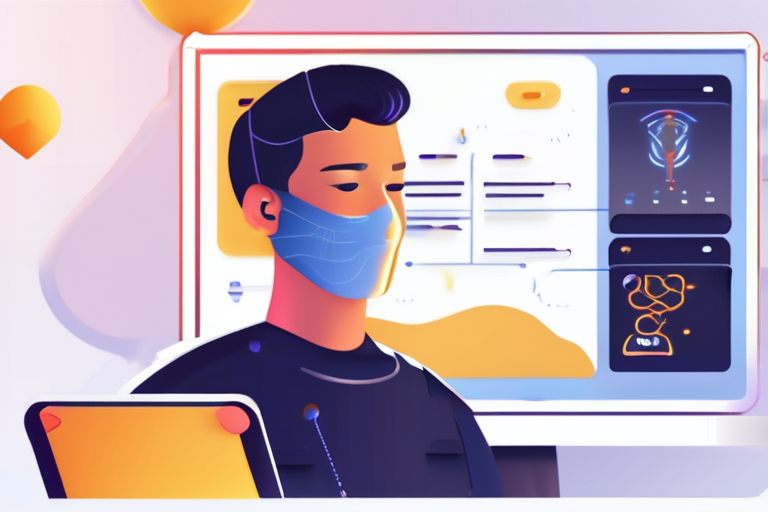


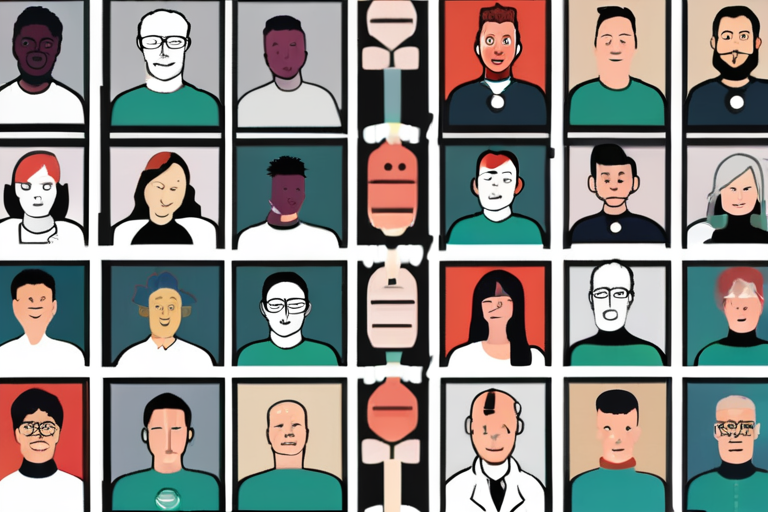
Share & Engage Share
Share this article